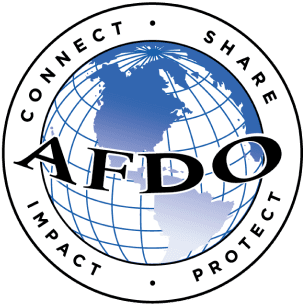Dear Colleagues,
Today, the U.S. Food and Drug Administration (FDA) took an important step to better protect consumers from the dangers of highly concentrated and pure caffeine products. These products present a significant public health threat because of the high risk that they will be erroneously used at excessive, potentially dangerous doses. Highly concentrated and pure caffeine, often sold in bulk packages, have been linked to at least two deaths in otherwise healthy individuals.

The agency issued a new guidance to clarify that dietary supplements containing pure or highly concentrated caffeine in powder or liquid forms are considered unlawful when sold in bulk quantities directly to consumers. Given the significant public health concern, this guidance is immediately in effect. The FDA is prepared to take steps right away to begin removing illegal products from the market.
Please see the links below for additional information.
https://www.fda.gov/Food/DietarySupplements/ProductsIngredients/ucm604315.htm
https://www.fda.gov/Food/DietarySupplements/ProductsIngredients/ucm460095.htm
This message is being broadcast by the Division of Communications in FDA’s Office of Regulatory Affairs (ORA).
Thank you,
FDA/ORA
Office of Communications and Project Management
Division of Communications
Mailbox: DivComm-ORA@fda.hhs.gov

